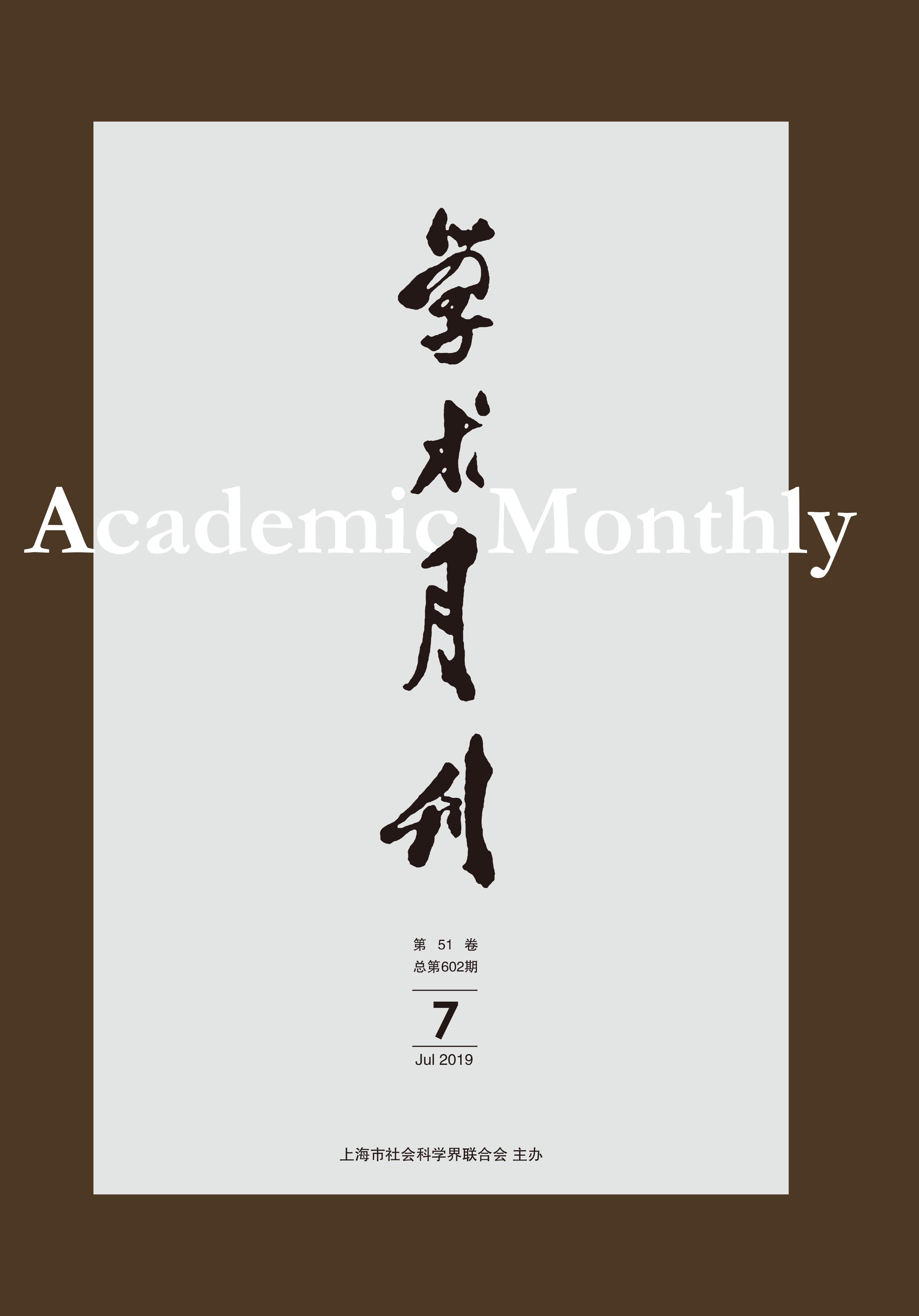From Ususfructus to Habitatio: The Evolution History of Servitutes Personarum in Roman Law
- Available Online: 2019-07-01
Abstract: Servitutes Personarum in Roman Law includes ususfructus、usus、habitatio. Ususfructus, a kind of instrument of rights division, is a concept which is opposite to the notion of proprietas and derives from the social need to provide life assistance by way of the inheritance. It is allowed to set ususfructus in terms of all the property which belong to the dead, which doesn’t exclude consumable objects. What’s more, quasi-ususfructus is established to resolve the contradiction between the theory and the practice. Usus and Habitatio, whose power gradually decline, are based on ususfructus. The ideal difference between usus and ususfructus is that the users can’t acquire the fruits. However, the realistic gap lies in the amount when the users get the fruits. With habitatio that meets the actual life need equal to usus or ususfructus, Justinian issues the decree to make habitatio independent and equip the dwellers with right to rent the house out. The three kinds of rights aren’t the result of the theoretical deduction but the outcome of the realistic life, reflecting that the Roman Law would rather attach importance to the function of the system rather than the formal logic.




 沪公网安备 31010102003103号
沪公网安备 31010102003103号 DownLoad:
DownLoad: